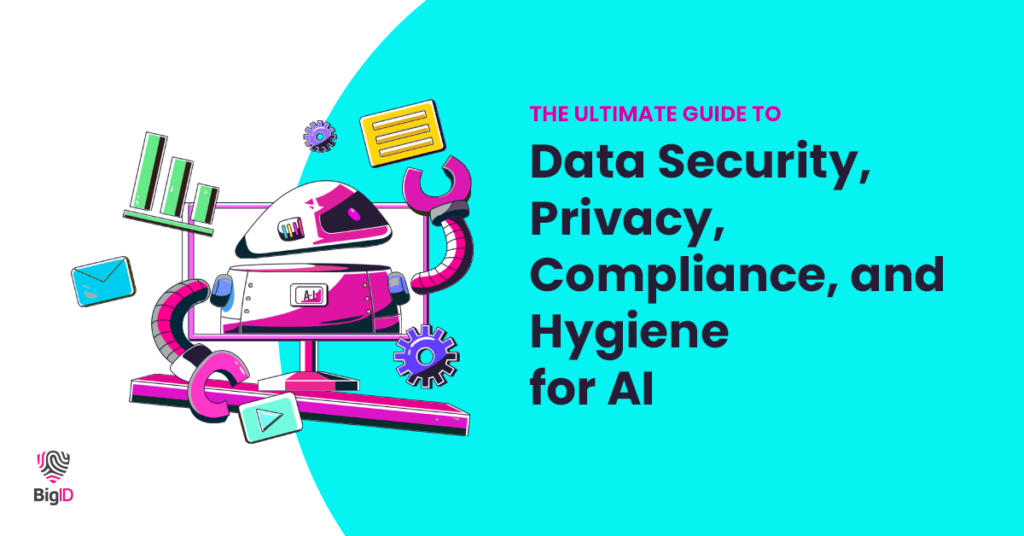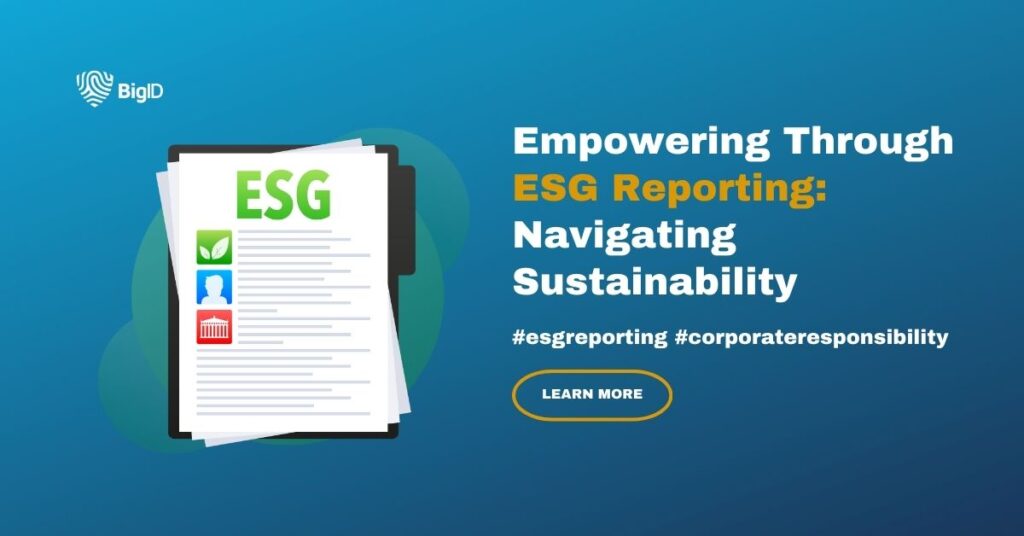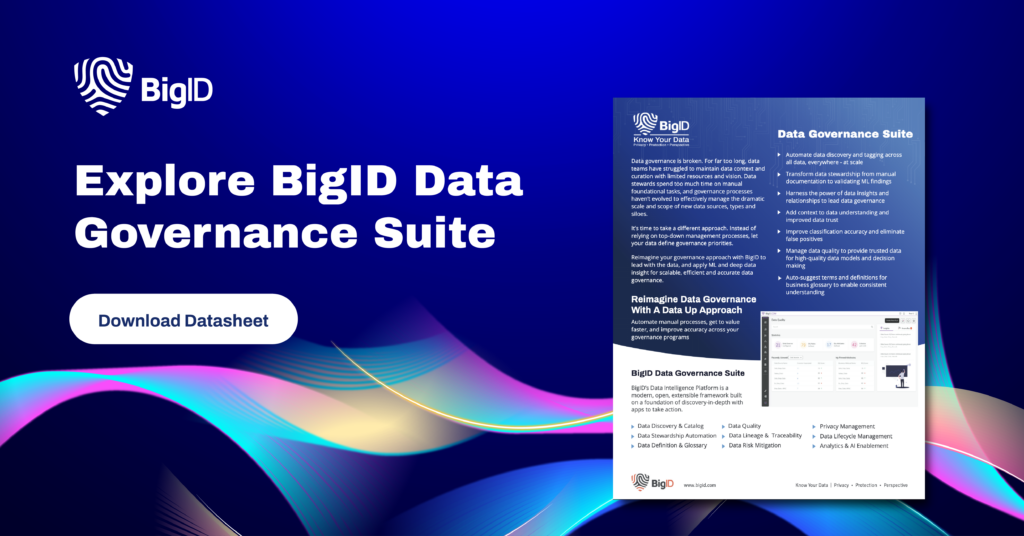What is ESG and Why Does It Matter?
ESG, or Environmental, Social, and Governance, represents a holistic approach to evaluating a company’s impact beyond financial performance. ESG refers to the three central factors used to measure the sustainability and societal impact of an investment in a company or business.
Environmental
This aspect scrutinizes a company’s ecological footprint, encompassing factors like carbon emissions, resource management, pollution mitigation, and sustainability initiatives. By assessing these metrics, stakeholders gauge a company’s commitment to environmental preservation and resource stewardship.
Social
Social criteria delve into how a company manages its relationships with various stakeholders, including employees, suppliers, customers, and local communities. This entails evaluating diversity and inclusion policies, labor practices, adherence to human rights standards, and community engagement efforts. A robust social framework ensures that the company operates ethically and fosters positive relationships with all its stakeholders.
Governance
Governance standards focus on the internal mechanisms that govern a company’s operations and decision-making processes. This encompasses aspects like board composition, executive compensation structures, shareholder rights, and transparency in reporting. Strong governance practices ensure accountability, integrity, and sound management, safeguarding the interests of shareholders and stakeholders alike.
The Importance of ESG Reporting
ESG reporting is crucial for several reasons:
- Risk Management: It helps identify and mitigate risks associated with environmental damage, social controversies, and governance failures, safeguarding the company’s reputation and long-term viability.
- Investor Confidence: Investors increasingly consider ESG factors when making investment decisions, seeking companies with sustainable practices and strong governance.
- Regulatory Compliance: Regulatory bodies are placing greater emphasis on ESG disclosures, with some jurisdictions making it mandatory for listed companies to report on ESG metrics.
- Brand Reputation: Embracing ESG initiatives can enhance brand reputation, attract socially conscious consumers, and foster trust among stakeholders.
Types of ESG Frameworks: Emerging Trends and Impacts
In the dynamic landscape of Environmental, Social, and Governance (ESG) frameworks, innovation is constant. As companies seek more effective ways to measure and improve their sustainability practices, new ESG frameworks are emerging, offering fresh perspectives and methodologies.
Several frameworks exist to guide companies in their ESG reporting efforts. Some prominent ones include:
Climate-Aligned Metrics
With climate change becoming an increasingly urgent global issue, there’s a growing demand for ESG frameworks that prioritize climate-related metrics. These frameworks assess a company’s exposure to climate risks, its efforts to reduce carbon emissions, and its alignment with the goals of the Paris Agreement. Stakeholders include investors, regulators, environmental advocates, and communities affected by climate change. The impact of climate-aligned metrics is profound, influencing investment decisions, shaping corporate strategies, and driving companies towards more sustainable practices.
Task Force on Climate-related Financial Disclosures (TCFD) offers recommendations for disclosing climate-related risks and opportunities in financial filings.
Impact Investing Frameworks
Impact investing goes beyond traditional ESG considerations by focusing on investments that generate positive social or environmental outcomes alongside financial returns. Impact investing frameworks evaluate the measurable impact of investments on issues like poverty alleviation, healthcare access, renewable energy adoption, and education. Stakeholders include socially conscious investors, philanthropic organizations, governments, and communities. These frameworks have the potential to drive significant social and environmental change by channeling capital towards projects with tangible benefits for society.
Sustainability Accounting Standards Board (SASB) focuses on industry-specific standards, allowing companies to report financially material ESG information relevant to their sector.
SDG-Aligned Reporting
The United Nations Sustainable Development Goals (SDGs) provide a globally recognized framework for addressing pressing social and environmental challenges. SDG-aligned reporting frameworks assess a company’s contributions towards achieving specific SDGs, measuring its impact on issues such as poverty, gender equality, clean energy, and responsible consumption. Stakeholders include governments, NGOs, investors, and communities affected by the SDGs. By aligning corporate strategies with the SDGs, companies can contribute to global efforts to address critical sustainability issues and create a more sustainable and equitable world.
Global Reporting Initiative (GRI) provides a comprehensive set of sustainability reporting standards, widely used by companies globally.
As the importance of sustainability continues to grow, so too does the need for innovative and effective ESG frameworks. These new approaches offer fresh perspectives, enabling companies to better understand and address their environmental, social, and governance impacts.
Benefits of ESG Reporting
Embracing ESG reporting offers numerous benefits:
- Improved Financial Performance: Companies with strong ESG practices often outperform their peers financially, enjoying lower costs of capital and enhanced shareholder value.
- Enhanced Stakeholder Relationships: ESG reporting fosters trust and transparency, strengthening relationships with investors, customers, employees, and communities.
- Innovation and Efficiency: Embracing sustainability can drive innovation, leading to cost savings, operational efficiencies, and new revenue streams.
- Long-Term Resilience: By addressing ESG risks and opportunities, companies can enhance their resilience to external shocks and disruptions, ensuring long-term viability.
Determining ESG Scores and Achieving High Ratings
ESG scores are typically determined by specialized rating agencies, data providers, and indices. These entities analyze various ESG factors and assign scores based on their assessment. To achieve high scores, companies should:
- Transparency: Provide comprehensive and accurate ESG disclosures, adhering to relevant reporting frameworks.
- Integration: Integrate ESG considerations into corporate strategy, operations, risk management, and decision-making processes.
- Continuous Improvement: Continuously monitor and improve ESG performance, setting ambitious targets and benchmarks for progress.
ESG Reporting Examples and Statistics
Global Sustainable Investment Growth
In 2020, the Global Sustainable Investment Alliance reported that sustainable investing assets surged to an astonishing $35.3 trillion globally. This remarkable figure represents a significant 15% increase from 2018, underscoring the escalating momentum towards sustainable finance worldwide. Investors are increasingly recognizing the importance of integrating environmental, social, and governance (ESG) factors into their investment decisions, seeking opportunities that align with their values and contribute to positive societal and environmental outcomes. This exponential growth in sustainable investment assets reflects a fundamental shift in the investment landscape, where sustainability considerations are no longer viewed as optional but essential for long-term financial success.
ESG Performance and Financial Profitability
A study conducted by McKinsey revealed a compelling correlation between ESG performance and financial profitability. Companies positioned in the top quartile of ESG performance were found to be 25% more likely to achieve above-average profitability compared to those in the bottom quartile. This empirical evidence underscores the business case for prioritizing sustainability and responsible governance practices. Companies that effectively integrate ESG considerations into their strategies and operations not only mitigate risks associated with environmental and social challenges but also unlock opportunities for innovation, efficiency, and competitive advantage. As investors increasingly recognize the financial benefits of sustainable investing, companies that excel in ESG performance stand poised to outperform their peers in the long run.
Unilever’s Sustainable Living Plan
Unilever, a multinational consumer goods company, exemplifies the proactive approach to ESG reporting and sustainability through its Sustainable Living Plan. Annually, Unilever meticulously outlines ambitious targets aimed at reducing environmental impact, improving social outcomes, and enhancing governance practices. By transparently reporting on its progress towards these goals, Unilever demonstrates its commitment to sustainability and accountability to stakeholders. The Sustainable Living Plan encompasses a wide array of initiatives, ranging from reducing greenhouse gas emissions and water usage to promoting gender equality and enhancing supply chain transparency. Unilever’s dedication to sustainable business practices not only aligns with consumer preferences for ethical and responsible brands but also fosters resilience and long-term value creation for the company and society at large.
Impact of ESG on Various Stakeholders
ESG initiatives impact a wide range of stakeholders:
- Investors: ESG considerations influence investment decisions, with many investors prioritizing sustainability and responsible governance.
- Consumers: Increasingly conscious consumers prefer products and services from companies with ethical and sustainable practices.
- Employees: ESG initiatives can attract and retain top talent, as employees seek purpose-driven organizations aligned with their values.
- Communities: Companies with strong ESG practices contribute positively to the communities in which they operate, fostering social cohesion and development.
The Future of ESG and AI Integration: Trends and Outlook
As we look ahead, the future of Environmental, Social, and Governance (ESG) initiatives intertwines with the transformative power of Artificial Intelligence (AI), shaping new trends and opportunities:
Data and AI Integration
Advancements in data analytics and AI technologies will revolutionize ESG reporting and analysis. AI-driven algorithms can sift through vast amounts of data to identify ESG trends, risks, and opportunities with unprecedented speed and accuracy. By harnessing the power of AI, companies can gain deeper insights into their environmental impact, social performance, and governance practices, enabling more informed decision-making and strategic planning.
Regulatory Compliance and AI
The evolving regulatory landscape surrounding ESG will see increasing integration with AI-powered compliance solutions. With more jurisdictions mandating ESG disclosures and imposing stricter reporting requirements, AI tools can streamline the compliance process, automate data collection and verification, and ensure accuracy and transparency in reporting. AI-driven regulatory compliance platforms will enable companies to navigate complex regulatory frameworks efficiently and mitigate compliance risks effectively.

Stakeholder Engagement and AI
Stakeholder activism will be amplified by AI-driven engagement platforms, enabling investors, consumers, and employees to voice their concerns and expectations regarding ESG issues. AI-powered sentiment analysis tools can monitor social media, news outlets, and other sources to gauge public perception and sentiment towards companies’ ESG practices in real-time. By leveraging AI-driven engagement strategies, companies can proactively address stakeholder concerns, build trust, and foster transparency and accountability.
Climate Action and AI Solutions
The imperative to address climate change will drive innovation in AI solutions for ESG. AI-powered climate risk assessment models can help companies quantify and mitigate their exposure to climate-related risks, such as extreme weather events, supply chain disruptions, and regulatory changes. Additionally, AI-driven predictive analytics can support companies in developing and implementing strategies to transition towards a low-carbon economy, optimize energy efficiency, and reduce greenhouse gas emissions. By harnessing AI for climate action, companies can accelerate their journey towards sustainability while minimizing environmental impact.
Embracing a Sustainable Future
ESG reporting is not merely a checkbox exercise but a strategic imperative for companies seeking long-term success in a rapidly changing world. By integrating environmental, social, and governance considerations into their business practices, companies can drive positive change, mitigate risks, and unlock new opportunities for growth. As the ESG landscape continues to evolve, embracing sustainability will be key to building resilience, fostering trust, and creating value for all stakeholders.
BigID’s Approach to ESG Reporting
BigID’s approach to ESG reporting is designed to provide organizations with a scalable, efficient, and secure way to manage their data across the entire enterprise landscape. This includes solutions for data discovery, classification, cataloging, and protection, as well as tools for compliance and risk management.
With BigID, businesses can:
- Identify All Data: Discover and classify data to build an inventory, map data flows, and gain visibility on all personal and sensitive information. Giving you the power to identify and prioritize ESG data, and ensure that you’re collecting and reporting on the right data points.
- ESG Reporting: With BigID you can generate customizable ESG reports that summarize an organization’s ESG performance, based on various reporting frameworks such as GRI and SASB. These reports can provide stakeholders with a clear and transparent view of an organization’s ESG practices and performance, and help demonstrate its commitment to sustainability and social responsibility.
- Implement Data Protection Controls: Apply data minimization practices by identifying, categorizing, and deleting unnecessary or excessive personal data to efficiently manage the data lifecycle.
- Assess Risk: Automate privacy impact assessments, data inventory reports, and remediation workflows to identify and remediate risks to maintain compliance.
To streamline your organization’s ESG reporting— get a 1:1 demo with BigID today.



